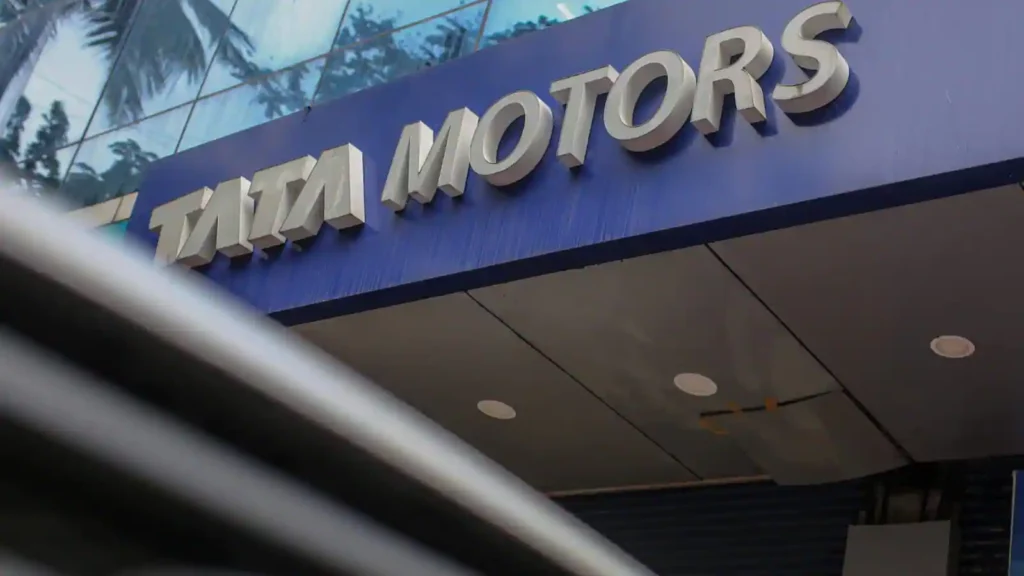Tata Motors, the nation’s leading manufacturer of electric cars, continues to have good momentum in the fleet industry with an intention to expand the addressable market with a new range of electric vehicles for personal purchasers. Tata Motors anticipates its fleet sales will more than treble to 15,000 units in the current calendar year, with an order book of more than 40,000 vehicles. This would imply that the fleet sales could represent 12–15% of the total 1 lakh units it is aiming to sell this fiscal year.
Tata Motors hopes to raise production of its Tigor Xpress T EV from 500-600 units a month to 1000-1250 units a month by the end of the year, similar to the plans to ramp up manufacturing for the upcoming Nexon EV.
Currently, Blusmart Mobility has confirmed orders for 10,000 units, Uber Technologies has confirmed orders for 25,000 units, Lithium Urban Technologies has confirmed orders for 5,000 units, and the remaining medium to small electric mobility fleet operators may also add up to a few thousand units, according to Tata Motors.

Tata Motors booming sales
“We sold close to 6,000 to 7,000 electric vehicles last year, and we expect the numbers to improve to the 12-15,000 range in the current year,” said Shailesh Chandra, Managing Director, Tata Passenger Electric Mobility, Thursday at the face-lifted Nexon EV unveiling in Delhi.
Last mile shared mobility start-ups, who are in an aggressive fleet up ramp up phase, are what’s driving the traction. India’s electric vehicle market had a boom in funding in the first half of 2023, with firms obtaining more than US$ 700 million from various private equity and venture capital funds.
The company BluSmart, which runs more than 5000 electric taxis in Bengaluru and Delhi-NCR, has raised US$ 110 million. In addition to competing models like the Hyundai Kona Electric, MG ZS Electric, and a Mahindra e-Verito, the e-mobility start-up has a fleet of Tata Motors Tiago and Tigor electric vehicles. Tata Xpress-T EVs will take the place of 50 e-Veritos that O2 Mobility, a Bengaluru-based corporate fleet startup, now owns.
Hewlett Packard Enterprise (HPE), HCLTech, GlaxoSmithKline, CommScope, and TE connection are among the MNC clients of O2 Mobility that have expressed a great interest in switching their current ICE-powered fleet for corporate employee mobility to electric.
O2 Mobility founder Rahul Pravindra stated to Autocar Professional, “We are seriously considering refurbishing our existing fleet with Tata Motors fleet vehicles. Currently, we have a fleet of 500 vehicles spread across two states, with 10% of them being electric.
Additionally, Pravindra said that as demand rises, the business anticipates “OEMs to offer greater choices to increase the percentage of our EV fleet year on year.”
There are 400 Tata Tigor Xpress T Electric Cabs operating under the Snap E Cabs brand in Kolkata. In order to add 600 more cabs, the West Bengal-based ride-hailing app is now finalizing a Memorandum of Understanding (MoU) with Tata Motors for all Tigor Express T EV fleet vehicles. According to Mayank Bindal, founder and CEO of Snap E Cabs, his company will invest roughly Rs 22 crore.
Two range options are available for the XPRES-T electric sedan from Tata Motors: 315km and 277km (ARAI-certified range under test conditions). According to Vahaan data, the share of electric vehicles in passenger vehicle unit sales climbed from 9% in FY2023 to more than 13% in the first five months of FY24.
According to Chandra, “the share of electric powertrains in overall passenger vehicle sales will only increase as battery prices decline and competition launches more vehicles.” According to Tata Motors, EV sales will account for 25% of the company’s overall volume by 2027 and 50% by the end of the decade.